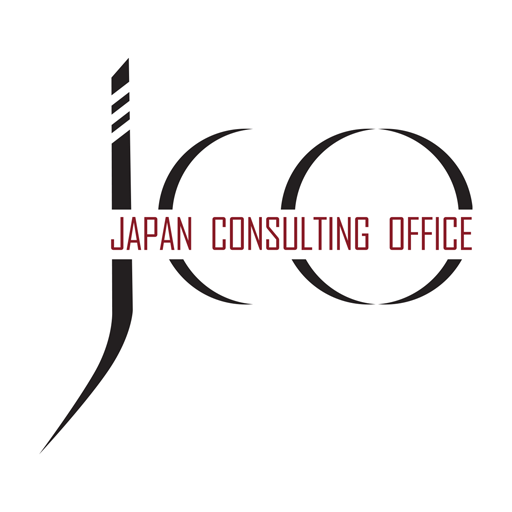The coronavirus COVID-19 has shaken up the way we work. We now know more about Zoom or MS Team applications than we did a few months ago and have all been invited to an “online apero” at this point.
As managing director of a company specialized in multi-cultural training to improve business efficiency when working with Japanese companies, I have been reflecting on some of the impacts that we are already seeing and can anticipate seeing on the ways we work. For Japanese companies, which are on the whole rather hierarchical and group-oriented, the impacts may be long-lasting and might disrupt their entire business culture.
One of the first aspects of work impacted is the Japanese decision-making process, which is based on consensus and involves many colleagues. Typically, this way of decision-making involves a series of prior discussions to consult informally first, the so-called nemawashi in Japanese. These informal discussions, which usually happen face-to-face and among fewer colleagues, will now have to be done privately over the phone or in the teleconference itself. We can expect that some parts of nemawashi will have to be openly discussed in virtual meetings which will result in more open exchanges.
The traditional hanko (a stamp Japanese use to sign or validate a proposal) still widely used in Japanese companies is now increasingly seen as obsolete, more and more being replaced by virtual signatures. The same goes for the ringi-sho, a traditional paper-based approval process that has to follow a predefined route, landing on the desks of all reviewers to collect their hanko.
We will certainly see a push to reduce the number of reviewers and to move those paper-based processes to more computer-based ones. As of today, only a few Japanese companies have digitized their approval processes.
Then there is the focus on group orientation in a workplace that relies less on clearly defined job descriptions than it does on teamwork and group thinking. As meetings are moved online and teams are working remotely, more specific responsibility has to be both defined and assigned, potentially resulting in more efficient task distribution. Meeting invitees will be more carefully selected, which will increase efficiency as employees will only attend meetings directly related to their work.
The way information is shared will also be affected. Traditionally, there is a lot of unofficial information in Japanese companies which is shared verbally, face-to-face and in an “after 5-pm” setting. Japanese spend a lot of time in the bar, socializing, building relationships and exchanging information. This is likely going to decrease and the Japanese will have to find ways to replace those encounters such as organizing a “virtual nomunikai” (drinking get together) as noted in a recent article I read.
Finally, probably one of the most important impacts will be on communication, which has now moved online or by telephone. Japanese often hesitate to say “no” or to contradict their colleagues or superiors. They will have to learn to voice their real opinion (honne) in front of all participants of a teleconference rather than relying on a public opinion (tatemae, a non-confrontational opinion to maintain harmony) which has been the norm so far. More frank exchanges will take place. International Japanese companies will also face an additional challenge of communicating across cultures. The subtlety of body language might not be interpreted correctly by non-Japanese colleagues. It will become more difficult to kuuki wo yomu (“read the air” which means read between the lines) as the Japanese say. It is therefore even more important for Japanese colleagues to verbalize their thoughts and be explicit when communicating with foreigners. The level of English fluency of many Japanese managers may also be an increasing challenge.
While some of the changes may be destabilizing for more traditional employees, there are also clear opportunities to improve communication and efficiency. Japanese companies have been traditionally good in hardware, but weaker in software. Will they embrace the digital world and finally get rid of their fax machines? Much like the realization that we can drastically affect our environment with decreased travel, we have some clear advantages that have been forced upon us by circumstance. The key is how we fight the urge to return to business as usual and seize the opportunities presented to us.
Following Covid-19, JCO is offering distance learning with a complete series of e-learning and bi-monthly ½ day webinars on working and communicating more effectively with Japanese colleagues or customers.
Check our home page: https://www.japanconsultingoffice.com/japanese-business-e-learning/




